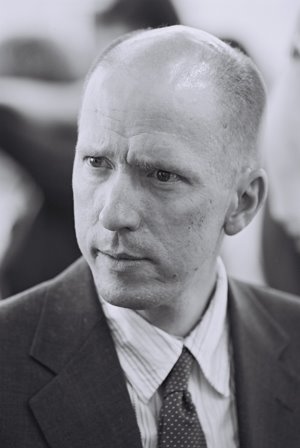1. On May 13th, 1940, Churchill gave his first speech as prime minister. He had been appointed only 3 days earlier on May 10th, the day Hitler launched a quadruple invasion of France, Belgium, Holland, and Luxembourg.
I have nothing to offer but blood, toil, tears, and sweat. We have before us an ordeal of the most grievous kind.
We have before us many, many long months of struggle and of suffering.
You ask, what is our policy? I will say it is to wage war by sea, land, and air, with all our might and with all the strength that God can give us, to wage war against a monstrous tyranny never surpassed in the dark and lamentable catalogue of human crime. That is our policy.
You ask, what is our aim? I can answer in one word:
Victory.
Victory at all costs—Victory in spite of all terror—victory, however long and hard the road may be, for without victory there is no survival.
2. On June 4th after the completion of the evacuation from Dunkirk, Churchill again addressed the House of Commons. Although the formal surrender of France did not occur until June 22nd, everyone must have seen it coming. The foremost question in English minds was whether an invasion of Britain would soon follow.
We shall not flag or fail. We shall go on to the end. We shall fight on the seas and oceans, we shall fight with growing confidence and growing strength in the air, we shall defend our Island, whatever the cost may be, we shall fight on the beaches, we shall fight on the landing grounds, we shall fight in the fields and in the streets, we shall fight in the hills; we shall never surrender.
3. On June 18th "in order to counter panic over the coming news of the French armistice" (Roberts, 2009, p. 85) Churchill spoke again:
Let us therefore brace ourselves to our duties and so bear ourselves that, if the British Empire and its Commonwealth last for a thousand years, men will still say, "This was their finest hour."
4. The Battle of Britain that followed the invasion of France (beginning July 10th, 1940) reached its "zenith" according to Andrew Roberts' Storm of War on September 15 which is "today celebrated as Battle of Britain day." A full month before (August 15th) Churchill, referring to British fighter pilots, gave a line that I will always think of with great affection.
Never in the field of human conflict was so much owed by so many to so few.
And that appears to be the last of the wartime speeches that gave us the immortal lines that I knew as rock lyrics ("finest hour" in the "Finest Worksong" by REM, "never surrender" in a Corey Hart song!) before I even knew their true author and the context in which he spoke them.
I believe we owe an enormous debt to Churchill for those words. They make me proud of our history and of our language. They also may have tipped the balance and kept Britain in the war when there were many who might have made "terms" with Hitler leading to occupation and a Vichy-like state instead of what Roberts refers to as "Last Hope Island." It would be almost 5 years after those speeches before the Nazis were defeated. But it was that summer of 1940 when mere words never mattered more.
